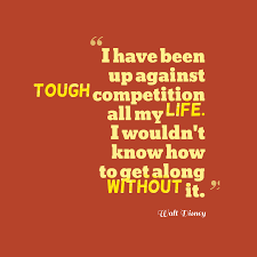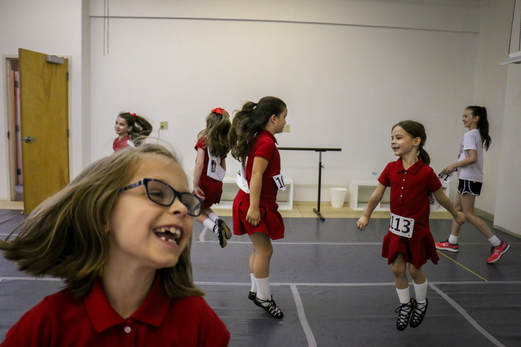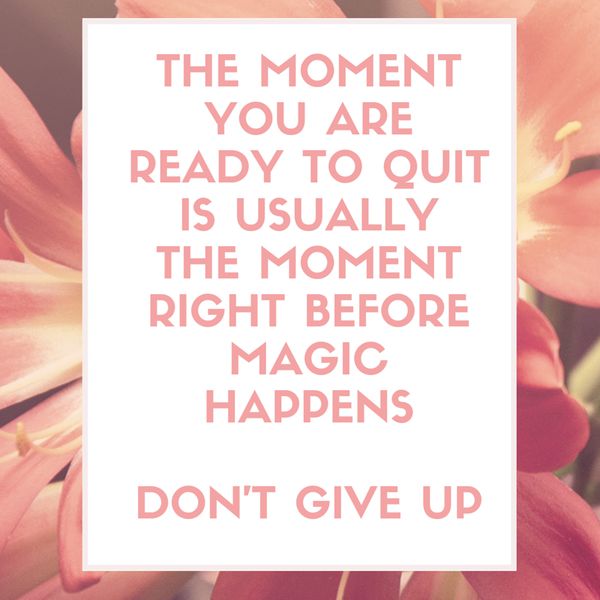 The fall competition season is well underway and it’s a roller coaster of emotions for our intermediate and advanced dancers as they inch closer and closer towards the biggest competition of their season, the Regional Oireachtas. While we do everything we can to prepare both in class and at home, not every feis is smooth sailing or rewards each dancer for their hard work. It’s easy to love dancing and competing when you’re rewarded for your efforts - but what about when dance doesn’t always love you back? You might be doing all the right things - taking in your corrections at class, practicing at home, getting enough sleep, fueling your body for success and still come home empty handed or disappointed with the results you received. You might wonder, what am I doing wrong? Why are my friends being rewarded and not me? It’s a painful reality but one that exists. I’m here to tell you it’s normal - necessary, even - for truly appreciating what it takes to go after something you want. If you worked hard and were rewarded every time, you’d leave feeling happy but you also might not work as hard next time. When you have to really fight for what you want, you appreciate it so much more when it finally happens and you’re ready for the next challenge. I recently asked a group of students, “what do you think would happen if you won all the time?” and the responses were very insightful:
0 Comments
One of our most frequently asked questions by parents at the beginning stages of the dance journey is:  How can I tell if my dancer enjoys this? OR How can I tell if this is right for my child? Of course every child is different but we have some common threads and patterns that have emerged over the years to help guide you. 1. Some children will happily show you EVERYTHING they did in class that day. Others won't, and it's a common misconception that the shy variety of dancers aren't enjoying class. Dancers that are reluctant to share what they've learned are often very protective of their new skills and have early signs of perfectionism that you may not have seen before. 2. Little by little you may notice your dancer skipping, jumping, and hopping from place to place more than they are walking. While it's not formal practice or dancing, their more expressive movement is a CLASSIC sign that they are taking in everything from classes and learning to move like a dancer. Soon you won't be able to go anywhere without them dancing along next to you. 3. You may hear that your child is teaching their friends and classmates at school or other activities how to dance. It is quite common for new dancers to feel more comfortable sharing their dancing with their peers than their parents, though the more outgoing personality will share with just about everyone! Teaching others what they are learning in class shows a very deep understanding and enjoyment for dance and is a huge step towards a loving relationship with learning more! You can support your dancer's journey into dance by not forcing them to show or tell you more than they are comfortable. Each dancer takes a unique path through the early stages of dancing and there is no 'right' or 'wrong' one. Ultimately, your dancer leading their journey with you in the supporting role will result in the best outcome.
|
SRL NewsFind all of our latest news on our Scoil Rince Luimni Facebook page! Categories
All
Archives
August 2022
|

 RSS Feed
RSS Feed